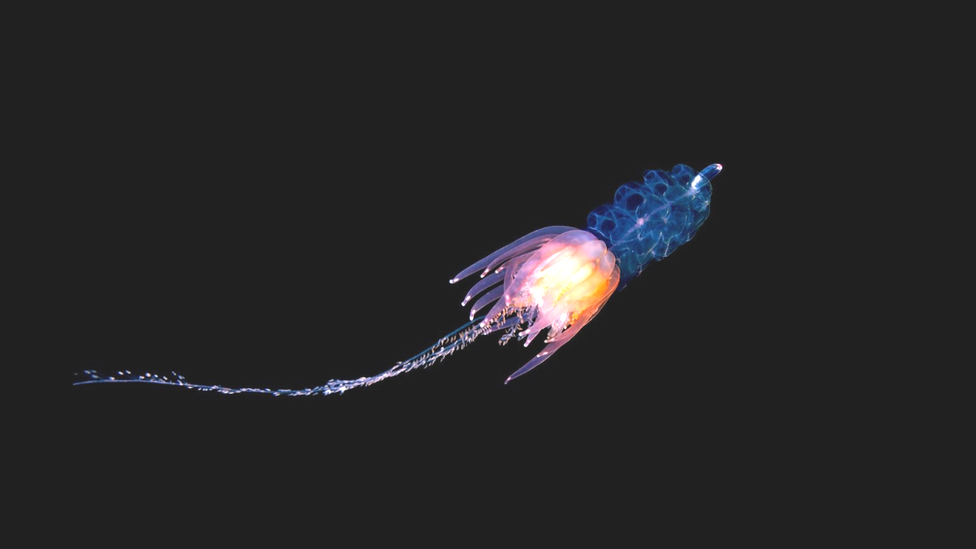Plastic pollution: UN says plastic waste could be cut by 80% by 2040
- Published
- comments
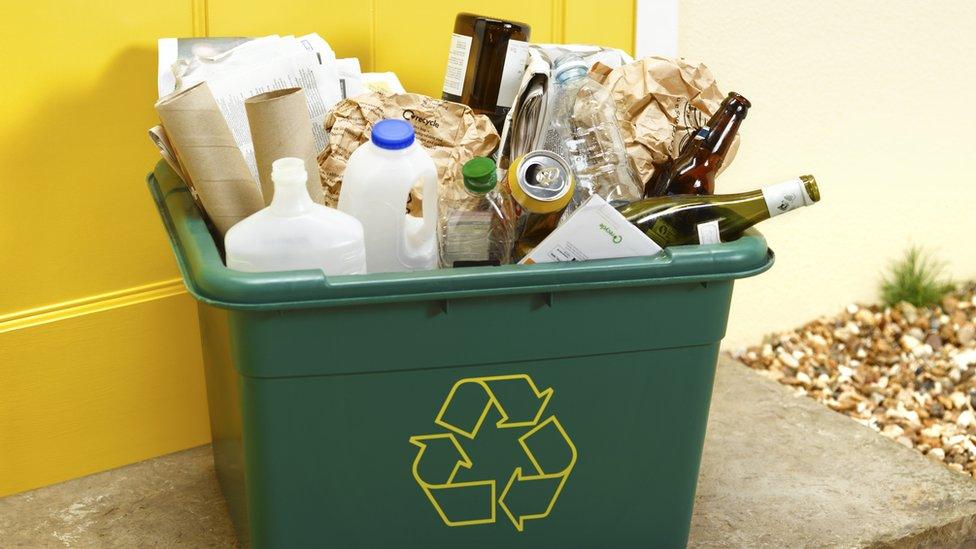
Plastic pollution is a big problem around the world - damaging to the environment, harming wildlife and ending up in the food chain.
There will be an estimated 227 million tonnes of plastic waste on Earth by 2040 if action isn't taken according to a report by the United Nations (UN).
The UN Environment Programme (Unep) aims to bringing countries together to try to work on issues that affect the planet.
A new report by Unep says plastic pollution could be slashed by 80% with just a few big changes.
What's the problem with plastic?
WATCH: Martin finds out why plastic is a problem (Pictures from Greenpeace, Caroline Power and Blue Planet II/BBC iPlayer)
Plastic is really useful and we use it every day but when we throw it away, it can cause a big problem for our planet.
It can be blown into the sea from ships and beaches, or carried there by river. Some also gets flushed down the toilet.
It's thought more than five trillion pieces of plastic are in the world's oceans and it can take years for it to break down because it isn't biodegradable.
If we don't do something about it, experts say there will be 227 million tonnes of plastic pollution in the world by 2040.
What has been done so far to reduce plastic pollution?
WATCH: What are the hardest products to recycle, and why?
In March 2022, nearly 200 UN countries agreed to start negotiations on an international plan on how to deal with plastic waste.
World leaders have until 2024 to agree the plastic pollution treaty - setting rules on how plastic is made, used and thrown away - and how the treaty is paid for.
The second round of negotiations starts later this month.
How does the UN report plan to cut plastic waste?
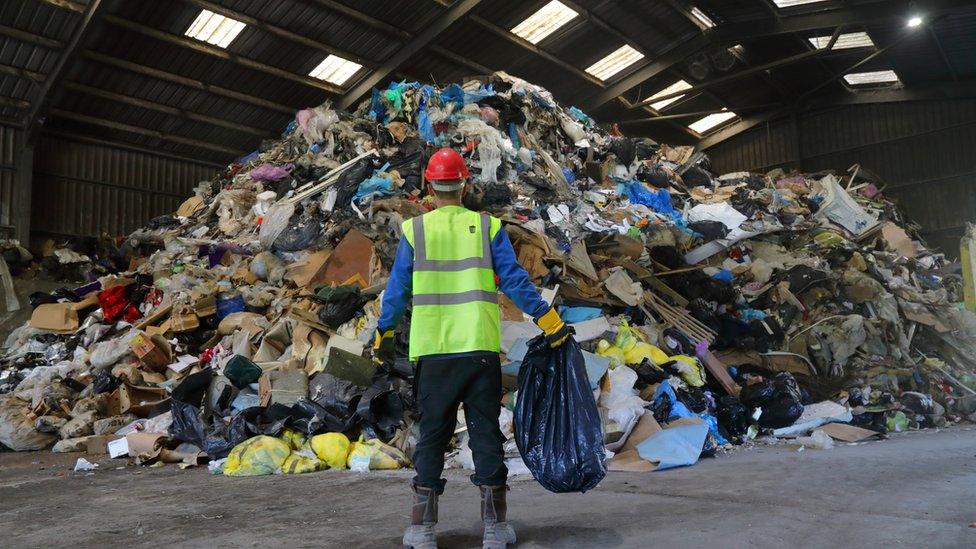
Only 9% of plastic around the world is recycled
The report says countries around the world need to make a 'circular economy'. This means that plastic is kept in circulation and used for as long as possible.
It found that the biggest impact - around a 30% reduction in plastic waste - would come from reusing the plastic we already have.
That means promoting things like refillable water bottles and deposit return schemes which encourage people to return their plastic products in exchange for cash.
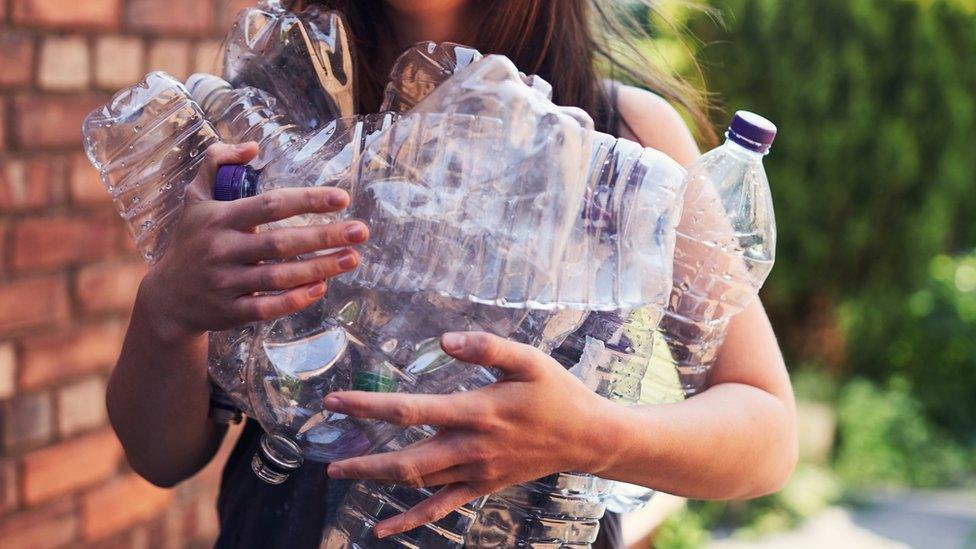
A deposit-return scheme is due to start in England in 2025
Currently only around 9% of plastics around the world are recycled so if we recycle more, plastic pollution could be reduced by a further 20% by 2040 according to the report.
Using less plastic - in excessive packaging for example - is another way they suggest cutting plastic waste.
The report also says we need to reduce the amount of plastic made in the first place - using alternative materials instead.
They plan to achieve this through taxing - getting money from - companies who use fossil fuels to make plastics from scratch whilst giving money those producing environmentally-friendly alternatives.
Around a 17% reduction in plastic pollution could be made by using different materials - those that are compostable and break down more easily - for single use products.
- Published29 March 2023
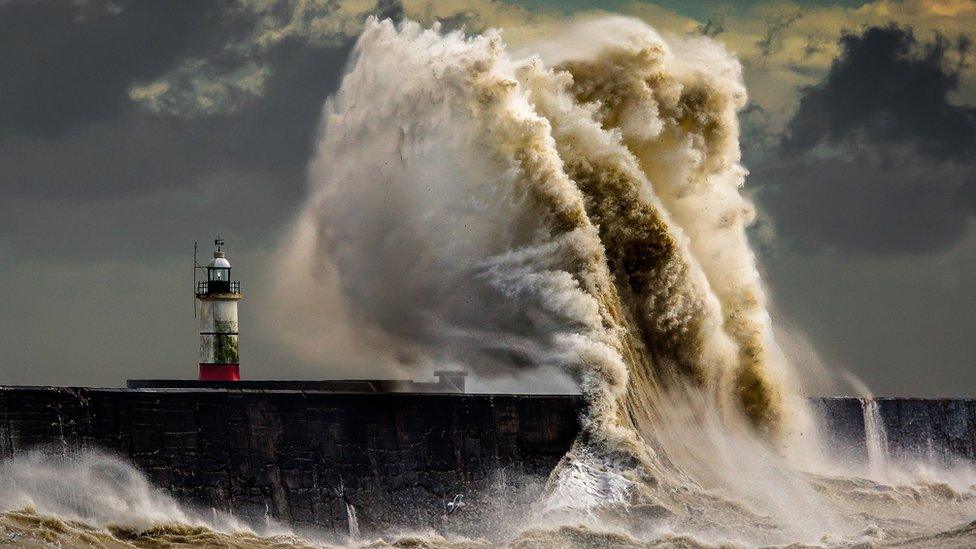
- Published12 May 2023
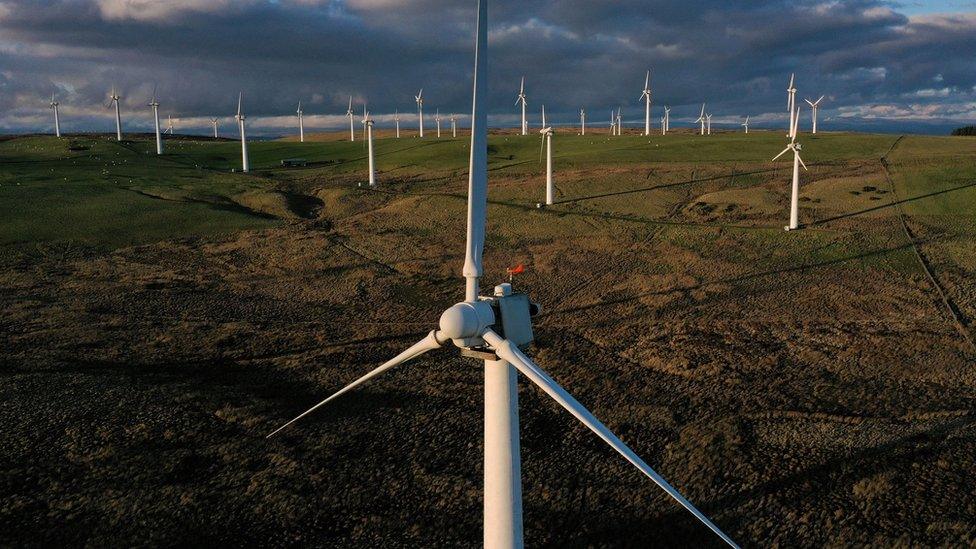
- Published6 May 2023
